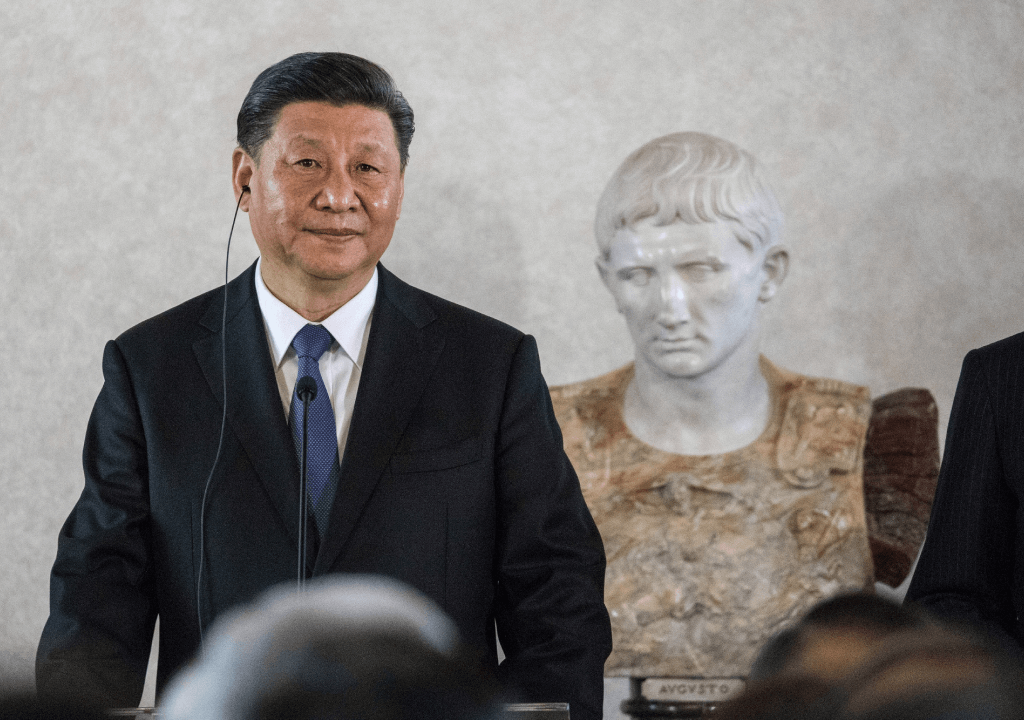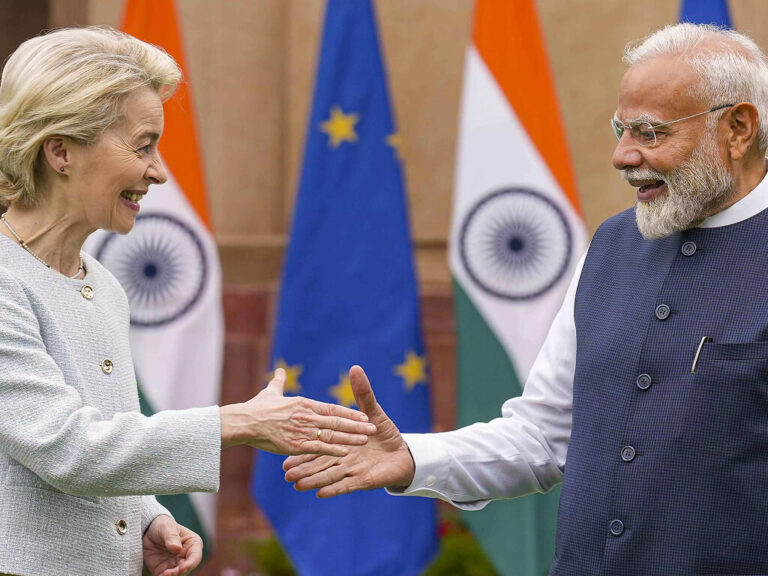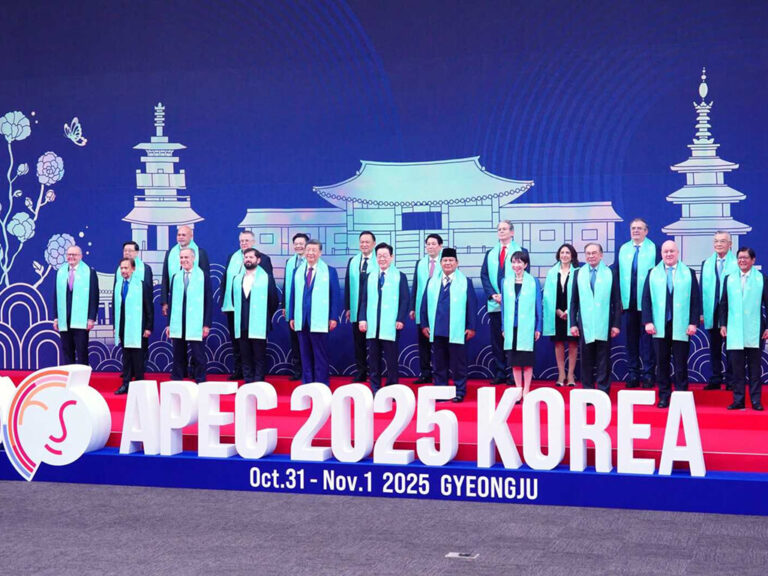Chinese President Xi Jinping is on an important visit to Europe. Xi will engage in extensive discussions with European leaders, as Europe is actively seeking a truce in Ukraine and, in return, China is expected to reduce tariffs on Chinese products. The Chinese President’s visit marks the first time since 2019, with five eventful years having passed since then. The visit, just before the European election, is gaining importance as a trade war continues between China and Europe. Xi’s trip includes stops in France, the heart of Europe; Hungary, China’s closest ally in Europe; and Serbia, considered the unwanted child of Europe. Despite signs of growth in the Chinese economy, the ongoing disputes with their second-biggest trading partner, the European Union, are causing huge losses for China, prompting an emphasis on more trade agreements at the meetings. It is expected that the meetings will also be influenced by Russia’s demands.
Ursula von der Leyen, the President of the European Commission, and Emmanuel Macron, the President of France, will meet with the President of China in Paris. Von der Leyen has expressed the European Union’s continuous dissatisfaction with China, citing the latter’s significant manufacturing subsidies. She denounced China for its unfair trade policies and the unacceptably distorted markets brought forth by these substantial subsidies. Such actions might cause Europe to become less industrialized and result in a large loss of jobs, especially in the German auto sector. Last September, the EU commenced an investigation to consider imposing punitive tariffs. The aim is to protect EU producers from the influx of cheaper Chinese Electric Vehicle (EV) imports, which benefit from state subsidies. This investigation, part of a series initiated by Brussels, covers various supplies to Europe, including medical devices and wind turbines. These products are being sold at half the cost of those made in Europe. The European Commission’s trade chief hinted that tariffs on Chinese EVs could be imposed by June, following an investigation into state support for electric car manufacturing in China. The European Union expresses concerns about the possible circumvention of sanctions against Russia by Chinese enterprises engaging in trade with their neighbor. However, China argues that the trade investigations are driven by political motives and that the consumer would be the lone casualty of a tariff war.
Regarding the war in Ukraine, Xi acknowledged the impact it has had on the people of Europe, emphasizing that China is not directly involved in the conflict but is actively pursuing a peaceful resolution. One of Europe’s long-standing requests of China, particularly from Macron, has been to exert pressure on Vladimir Putin to end the war. However, after two years, Europeans have come to realize that this is unlikely to happen, especially considering Russia’s support from China and its robust economy. Despite this, China has prioritized its stance on Taiwan, appreciating Macron’s independent position on the matter. During Macron’s visit to China last year, he emphasized France’s independent stance on Taiwan, which China respects. This stance might explain why Xi chose France over Germany for his visit. Macron will likely attempt to dissuade Xi from retaliating over the EV investigation, possibly by discussing import duties on French cognac and agricultural goods. France also aims to advance discussions on opening the Chinese market to its agricultural exports and resolving issues related to intellectual property rights in the French cosmetic industry. Additionally, during Xi’s visit, China may announce an order for approximately 50 Airbus aircraft.
China cannot afford increasing restrictions in the European market, especially considering the potential tariffs on electric vehicles (EVs), which would pose significant challenges for Beijing. According to Rhodium Group, EU imports of EVs from China reached $11.5 billion last year. Thus, China is aiming to mitigate tensions with its visit to Europe. In addition to visiting France, Xi will also travel to Serbia and Hungary during his Euro Trip. China has proposed deepening law enforcement ties with Hungary, expanding their relationship beyond the economic sphere to include a security cooperation agreement, raising concerns in other EU countries. Hungary already serves as Huawei’s largest base outside China, and it will soon host carmaker BYD’s first European factory. Orbán, the Prime Minister of Hungary, has consistently supported China in international forums and opposed EU motions critical of China on human rights issues. The trip also includes Serbia, a state in Europe known for its favorable stance towards Russia and China. Efforts will be made to further strengthen the China-Serbia relationship. While the outcome of the trip remains unclear as both parties focus on their interests, Xi’s visit will contribute to the European Parliament election.








